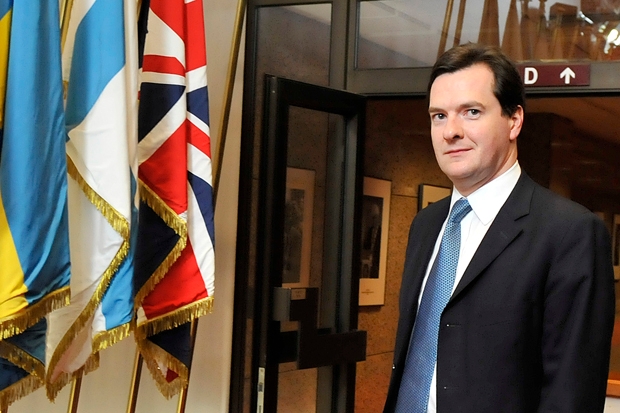[audioplayer src=”http://rss.acast.com/viewfrom22/thedisasterofthesnp-silliberal-one-partystate/media.mp3″ title=”James Forsyth and Isabel Hardman discuss the current state of the EU referendum” startat=1038]
Listen
[/audioplayer]Westminster may have been guilty of ignoring the Scottish referendum until the last minute, but no one can accuse it of doing the same with the EU one. No one knows when this vote will take place, yet every conversation about the politics of this parliament revolves around the subject. The referendum, and its aftermath, will determine not only whether Britain stays in the European Union but also who the next prime minister will be and whether the Tories win a landslide in 2020. The In and Out campaigns are up and running, even though David Cameron’s renegotiation with the EU is far from complete. With Labour failing to provide competent or credible opposition, the battle between In and Out will quickly become the most gripping political story in the land. Neither campaign knows when the referendum will be, and the government doesn’t, either. Autumn next year is the preferred date, but I understand that the cabinet committee handling the EU renegotiation has not even had a discussion about when it will be. One member of the committee predicts that, at the current pace, the vote will end up happening far later than people expect, some time in 2017. Another admits: ‘We were hoping to be further ahead than we are now. But this unexpected event came up.’ This ‘unexpected event’ is, of course, the migrant crisis. This mass movement of people is preoccupying European leaders and EU institutions. European Councils that Cameron would have expected to revolve around Britain’s renegotiation have been dominated by the refugee issue. But the flow of people into Europe from Africa, the Middle East and Asia isn’t just affecting the schedule of the renegotiation, it is changing how British voters think about the EU.
Disagree with half of it, enjoy reading all of it
TRY 3 MONTHS FOR $5
Our magazine articles are for subscribers only. Start your 3-month trial today for just $5 and subscribe to more than one view
Already a subscriber? Log in







Comments
Join the debate for just £1 a month
Be part of the conversation with other Spectator readers by getting your first three months for £3.
UNLOCK ACCESS Just £1 a monthAlready a subscriber? Log in